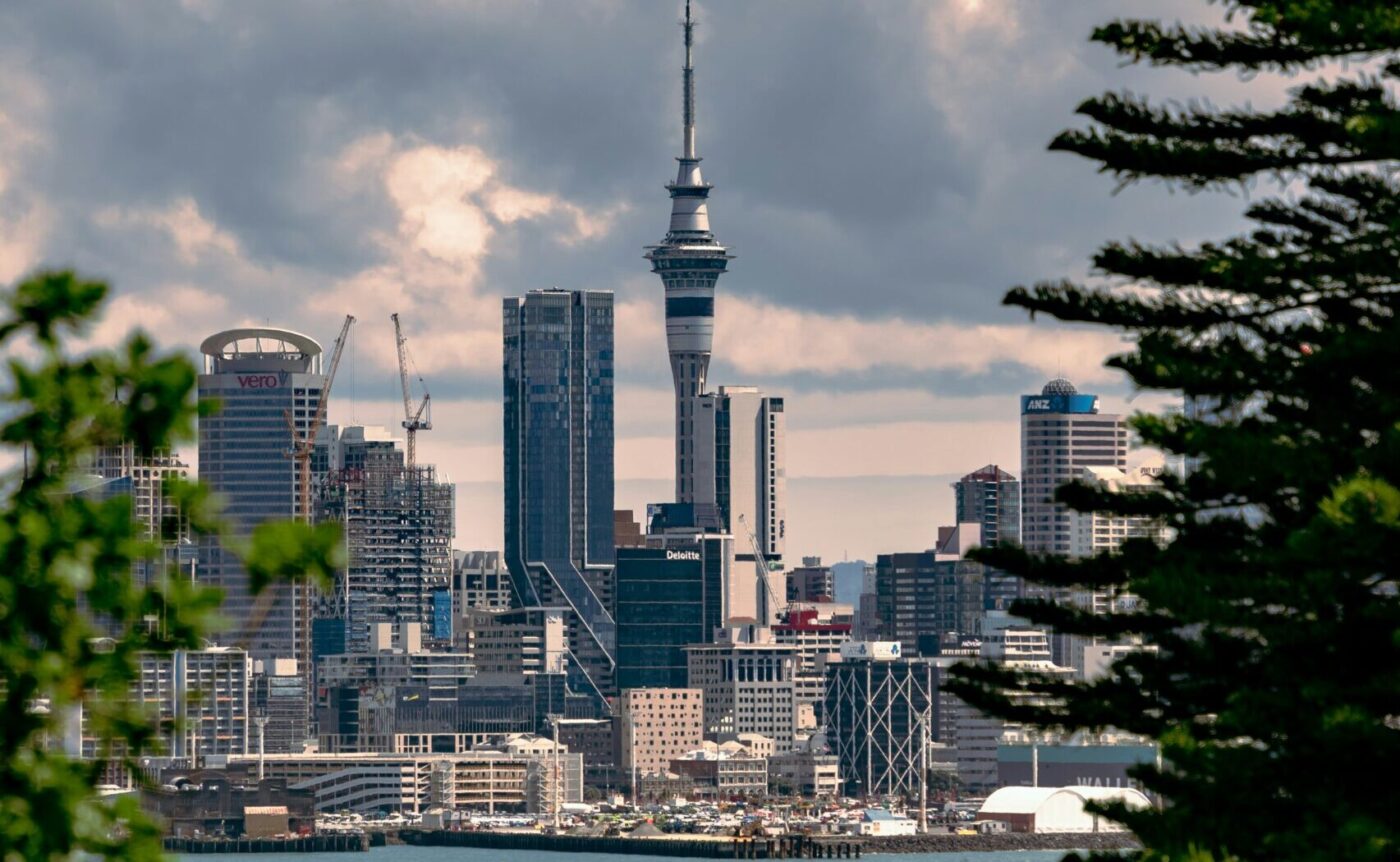Business
Unemployment in New Zealand Hits 5.3%: A Nine-Year High

Unemployment in New Zealand has increased to **5.3%**, marking the highest rate in nearly nine years. According to data released by **Stats NZ** on **November 5, 2023**, this rise from **5.2%** in the previous June quarter reflects ongoing challenges in the labour market. The figures reveal that the employment rate stood at **66.6%** for the September 2023 quarter, with annual wage inflation recorded at **2.1%** and average ordinary time hourly earnings at **$43.60**.
The rise in unemployment is not surprising, according to critics of the coalition government. **Jason Attewell**, a spokesperson for the labour market, noted that the unemployment rate has remained above **5%** for the past four quarters. He emphasized that the last time the unemployment rate reached **5.3%** was in the December 2016 quarter.
Concerns Over Rising Unemployment Rates
The **New Zealand Council of Trade Unions (NZCTU)** has expressed significant concern regarding the new unemployment figures. **Craig Renney**, an economist with the NZCTU, stated, “The labour market took another turn for the worse today, with unemployment growing, underemployment growing, fewer hours being worked, and wages not keeping up with inflation.” The NZCTU is urging the government to take immediate action to address this escalating situation.
Renney pointed out that the rising unemployment rate is particularly concerning for younger demographics. The latest data indicates that there are **15,500 more** unemployed individuals aged **15–24** compared to the time of the last election. Furthermore, the unemployment rates for Māori and Pasifika populations stand at **10.5%** and **12.1%**, respectively. A record **406,000** individuals are classified as underutilized, meaning they are either seeking more work or unable to access available opportunities.
Despite the increase in unemployment, wage growth has not kept pace with inflation. The Labour Cost Index indicates that wage inflation is at **2.1%**, considerably below the current consumer price inflation rate of **3%**. Alarmingly, **44%** of workers reported no pay increase in the past year, while **68%** experienced wage increases that fell below inflation.
Government Criticism and Proposed Solutions
The rising unemployment figures have drawn sharp criticism from various political figures, including **Ricardo Menéndez March**, the Green Party’s spokesperson for social development and employment. He accused the government of exacerbating the crisis by cutting jobs and failing to support those left unemployed. “Since mid-2023, this Government has driven the loss of **150,000 jobs** in Aotearoa, including **80,000 jobs** in the **15-35** age bracket,” Menéndez March stated. He emphasized that the government’s economic decisions are not only creating an economic crisis but also leading to a social crisis, disproportionately affecting young people.
The unemployment rate for the **15-24** age group has reached an alarming **15.2%**, while the rate for those aged **25-34** stands at **5.2%**. Menéndez March argued that the government’s policies have targeted the most vulnerable groups, advocating for a shift in strategy. He proposed a plan to create jobs through a **Green Jobs Guarantee**, which aims to generate **40,000 jobs** to rebuild infrastructure, restore natural environments, and provide housing.
The economic landscape in New Zealand is facing significant challenges, as the number of people in full-time employment has declined by **39,000**, with **160,000 individuals** now unemployed, the highest figure since **March 1994**. Both public and private sector wages are failing to keep pace with inflation, further complicating the economic situation for many citizens.
As New Zealand grapples with these rising unemployment figures, the implications for the labour market and the broader economy remain to be seen. The government will likely face increasing pressure to implement strategies that effectively address the needs of the workforce and mitigate the growing unemployment crisis.
-

 Sports2 months ago
Sports2 months agoNetball New Zealand Stands Down Dame Noeline Taurua for Series
-

 Entertainment2 months ago
Entertainment2 months agoTributes Pour In for Lachlan Rofe, Reality Star, Dead at 47
-

 Entertainment4 weeks ago
Entertainment4 weeks agoNew ‘Maverick’ Chaser Joins Beat the Chasers Season Finale
-

 Sports2 months ago
Sports2 months agoSilver Ferns Legend Laura Langman Criticizes Team’s Attitude
-

 Sports2 days ago
Sports2 days agoEli Katoa Rushed to Hospital After Sideline Incident During Match
-

 Politics1 month ago
Politics1 month agoNetball NZ Calls for Respect Amid Dame Taurua’s Standoff
-

 Entertainment2 months ago
Entertainment2 months agoKhloe Kardashian Embraces Innovative Stem Cell Therapy in Mexico
-

 World3 months ago
World3 months agoPolice Arrest Multiple Individuals During Funeral for Zain Taikato-Fox
-

 Sports3 months ago
Sports3 months agoGaël Monfils Set to Defend ASB Classic Title in January 2026
-

 Entertainment1 month ago
Entertainment1 month agoTyson Fury’s Daughter Venezuela Gets Engaged at Birthday Bash
-

 Sports1 month ago
Sports1 month agoHeather McMahan Steps Down as Ryder Cup Host After Controversy
-

 World2 weeks ago
World2 weeks agoSevere Winds Hit New Zealand, Over 100 Flights Canceled


















